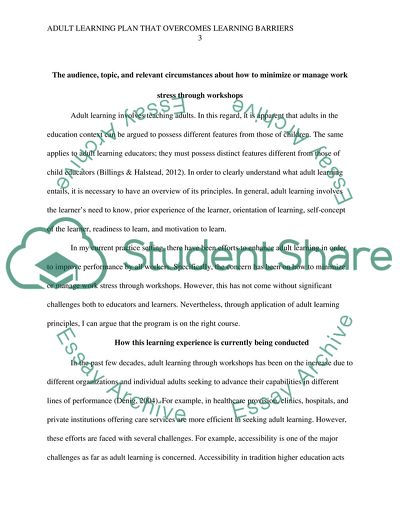Cite this document
(Adult Learning Plan that Overcomes Learning Barriers Essay, n.d.)
Adult Learning Plan that Overcomes Learning Barriers Essay. https://studentshare.org/human-resources/1779184-adult-learning-plan-that-overcomes-learning-barriers
Adult Learning Plan that Overcomes Learning Barriers Essay. https://studentshare.org/human-resources/1779184-adult-learning-plan-that-overcomes-learning-barriers
(Adult Learning Plan That Overcomes Learning Barriers Essay)
Adult Learning Plan That Overcomes Learning Barriers Essay. https://studentshare.org/human-resources/1779184-adult-learning-plan-that-overcomes-learning-barriers.
Adult Learning Plan That Overcomes Learning Barriers Essay. https://studentshare.org/human-resources/1779184-adult-learning-plan-that-overcomes-learning-barriers.
“Adult Learning Plan That Overcomes Learning Barriers Essay”. https://studentshare.org/human-resources/1779184-adult-learning-plan-that-overcomes-learning-barriers.


